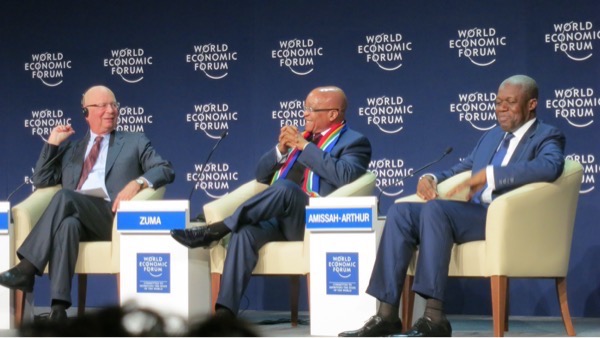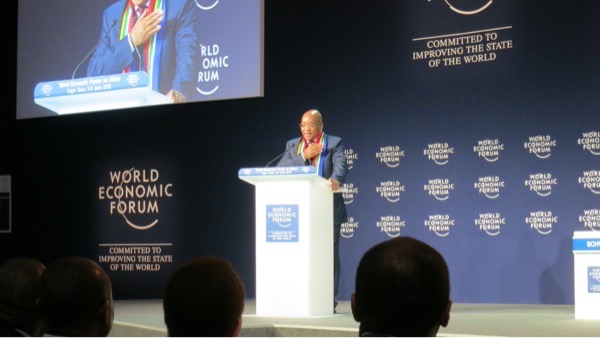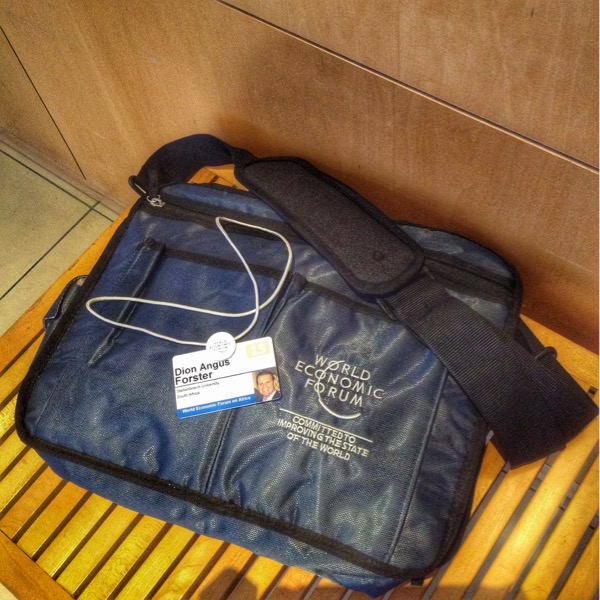In a few hours I will be boarding a bus from the Heygensgebouw just near my flat, it will take me to Nijmegen station from where I will catch a train to Schipol airport and then head back to Cape Town via Dubai.
I have had the privilege of spending another month in the beautiful city of Nijmegen working on my PhD research. I am pleased to say that I can see the light at the end of the tunnel with this project! I have a meeting with my supervisor this morning, and if all goes as planned I will have some corrections on the work I have handed in already, and then just one more chapter to write before I work through my whole thesis again and hand it in for examination.
The process from there is that it goes to a 'reading team' who evaluate the research, if it is approved I have to have it published in a book, and then come back in 2016 for a public defence and the award of the degree.
It is a little different from how the process worked with my first PhD (which I completed in 2005, defended and graduated with in 2006). That seems like a lifetime ago!
This project focuses on the reading of the Biblical text under certain conditions (called intergroup contact theory) to facilitate engagement and reconciliation between racially diverse Christian groups in South Africa. I was privileged to work with two Methodist Churches in my home town, Somerset West on the intercultural Bible reading project.
The theoretical components of the research focussed on a normative reading of Matthew 18.15-35 (locating a reading of the text within accepted academic Biblical scholarship, so I did a very detailed exegetical study of the passage). Then, using an integrative All Quadrants All Levels (AQAL) approach I 'mapped' possible readings of the text as an individual, collective, spiritual, political process (and a combination of these fields). This exercise showed that Matthew 18 has a complex and textured view of forgiveness that involves faith (spirituality, belief, shared belief), polis / politics (recompense, social justice, human rights and dignity), and that it engages the individual person, as well as broader society. Here is a diagram of Ken Wilber's AQAL theory that shows the different dimensions of identity, consciousness and meaning.
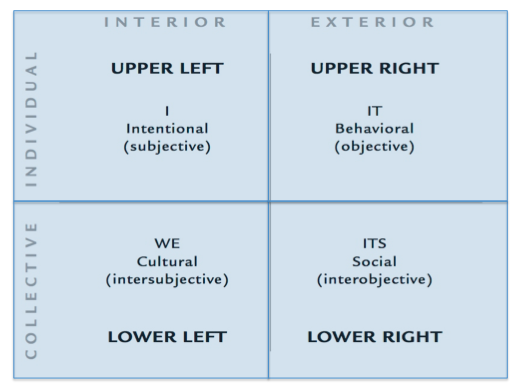
Next, I used a practice orientated research methodology to facilitate structured interviews with the reading group participants (this was to form a pre-intervention test of their understanding of forgiveness in relation to the chosen text). I mapped their various understandings and saw that in large measure white South Africans have an individual and spiritual understanding of forgiveness, whereas black / brown South Africans have a more collective and social (political) understanding of forgiveness. Each of the two Church groups then met separately to read the text and discuss it among themselves in a focus group setting - this also formed part of the pre-intervention testing and gave me more data to map the respective groups' understandings of forgiveness.
Then, I facilitated a series of intercultural Bible reading engagements between the two groups, again in a focus group setting (in other words they met together to read and discuss the text). We used the 'dwelling in the word' approach of Pat Keifert and Pat Taylor Ellison, see: Ellison, P.T. & Keifert, P. 2011. Dwelling in the word: a pocket handbook. Minnesota: Church innovations).
These intercultural Bible reading sessions were conducted according to strict protocols, employing mechanisms from intergroup contact theory to allow for a positive engagement between the participants that takes place within a safe space. The intention was to minimize anxiety in the presence of 'the other' and to allow for an increased possibility for empathy for the person(s) and position(s) of 'the other'.
Having completed those interventions, we then did a final post-intervention test to see if there has been any shifts in the understanding of forgiveness among the individual participants and the two groups. This was done through a structured questionnaire on forgiveness, as well as a focus group discussion (both of these tools engaged understandings of forgiveness, as well as the intercultural Bible reading process).
The findings have been quite remarkable. I won't let the cat out of the bag yet, but I can say that some aspects of my hypothesis were proven, while other deviated from the expecation in some aspects, and other still did not turn out at all as I anticipated. It makes for fascinating reading!
The hope is to provide two things out of this research, first an approach to using normative texts (in this case the Biblical text) as a reflective surface, and an engagement space, for intergroup contact among estranged or diverse groups. Second, the mechanisms employed in the intergroup contact will be of use to Churches, businesses, and other communities that face challenges as a result of race, class, religious, gender or other distinctives - it allows for a positive engagement between 'in groups' and 'out groups' in a manner which can foster social cohesion, overcome prejudice and can facilitate positive engagement among the groups.
I have worked very hard on this project! It took quite effort to get back into the exceptionally technical work of dealing with a Biblical text in an academically appropriate manner - I had to dust off my old Greek exegetical skills, learn a whole lot of things about the culture and context of the Matthean community into which the text was written, and then develop a hermeneutic bridge (in the form of the AQAL theory) that could help us to see what contemporary understandings of the text may be appropriate.
The project also forced me to learn a great deal about empirical research methodologies, and particularly qualitative research methodologies (and the use of tools such as ATLAS.ti to do coding and interpretive work). The new theoretical knowledge that I have gained on the Biblical text, forgiveness as a concept and process, the social and identity dynamics of South African communities, and of course I have learnt a great deal more about AQAL integrative theory and how it can be applied in these contexts (which is quite different form how I used it in my previous study in identity and cognitive neuroscience). Among the most useful knowledge is what I have gained from reading and learning about intergroup contact theory and social identity theory. This is a fascinating field. I can see that I will use this, and my rekindled love for technical work in the Biblical text within my research in ethics and public theology.
For now, however, I have a few last meetings, some packing, and then the long trip home to my darlings! I can't wait to see them!
It has been great to have shared this time with friends, I have worked hard and learnt a great deal. It is such a privilige!
On Wednesday I step back into class when I will be teaching a Masters module in Ethics of Pastoral Care, as well as my fourth and second year classes in ethics and Systematic Theology.
 Tuesday, October 27, 2015 at 9:14AM
Tuesday, October 27, 2015 at 9:14AM 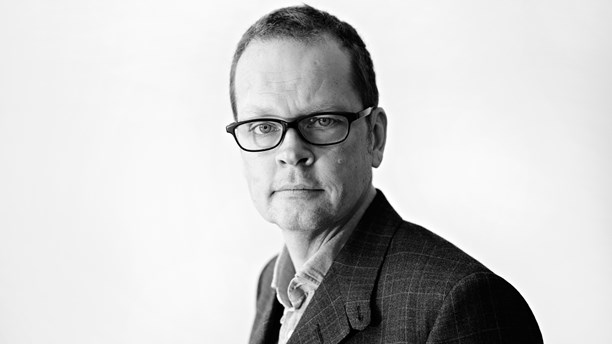 On Thursday at lunch time our theology and philosophy reading at Stellenbosch University group has the honour of hosting Prof Ola Sigurdson from Gothenburg University. He is a well known Systematic Theology who is known for addressing important theological issues in a creative and rigorous manner.
On Thursday at lunch time our theology and philosophy reading at Stellenbosch University group has the honour of hosting Prof Ola Sigurdson from Gothenburg University. He is a well known Systematic Theology who is known for addressing important theological issues in a creative and rigorous manner. 

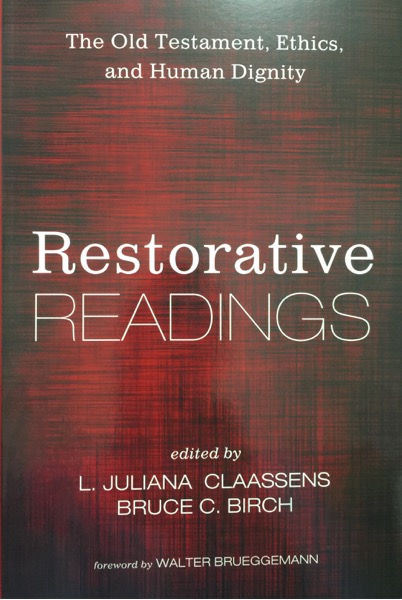
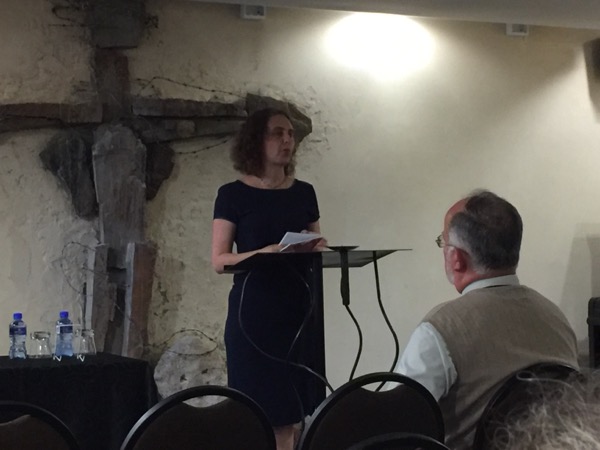
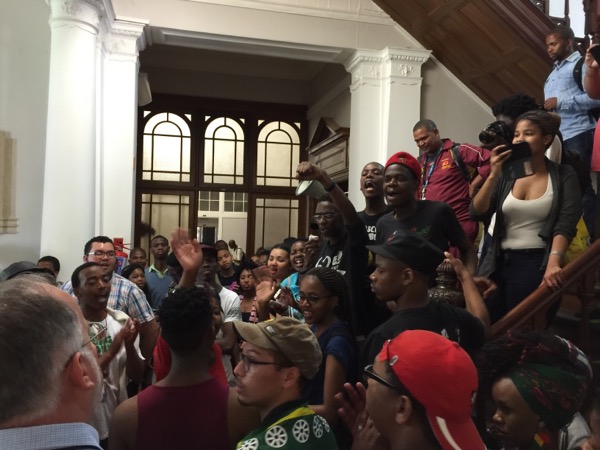
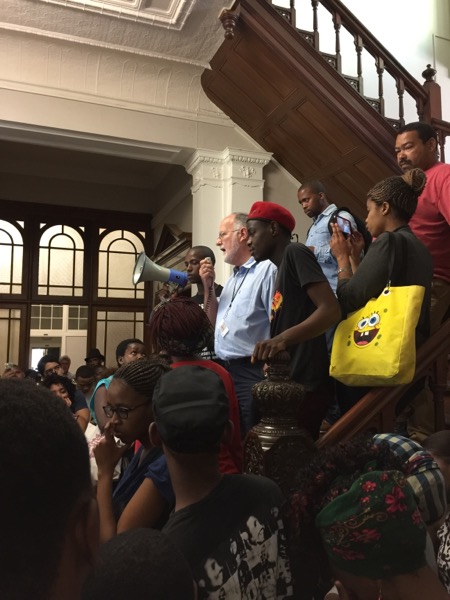
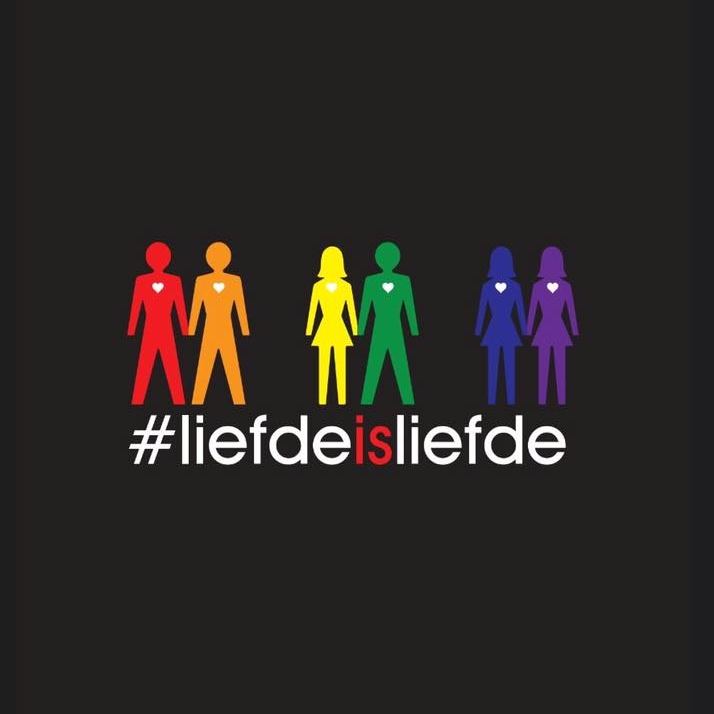
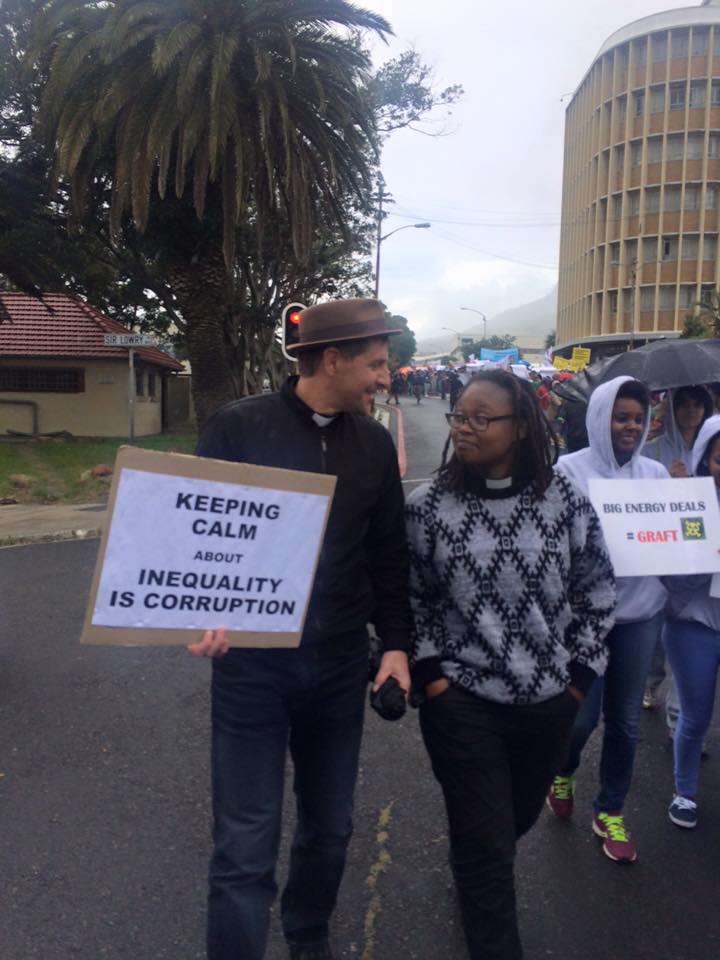
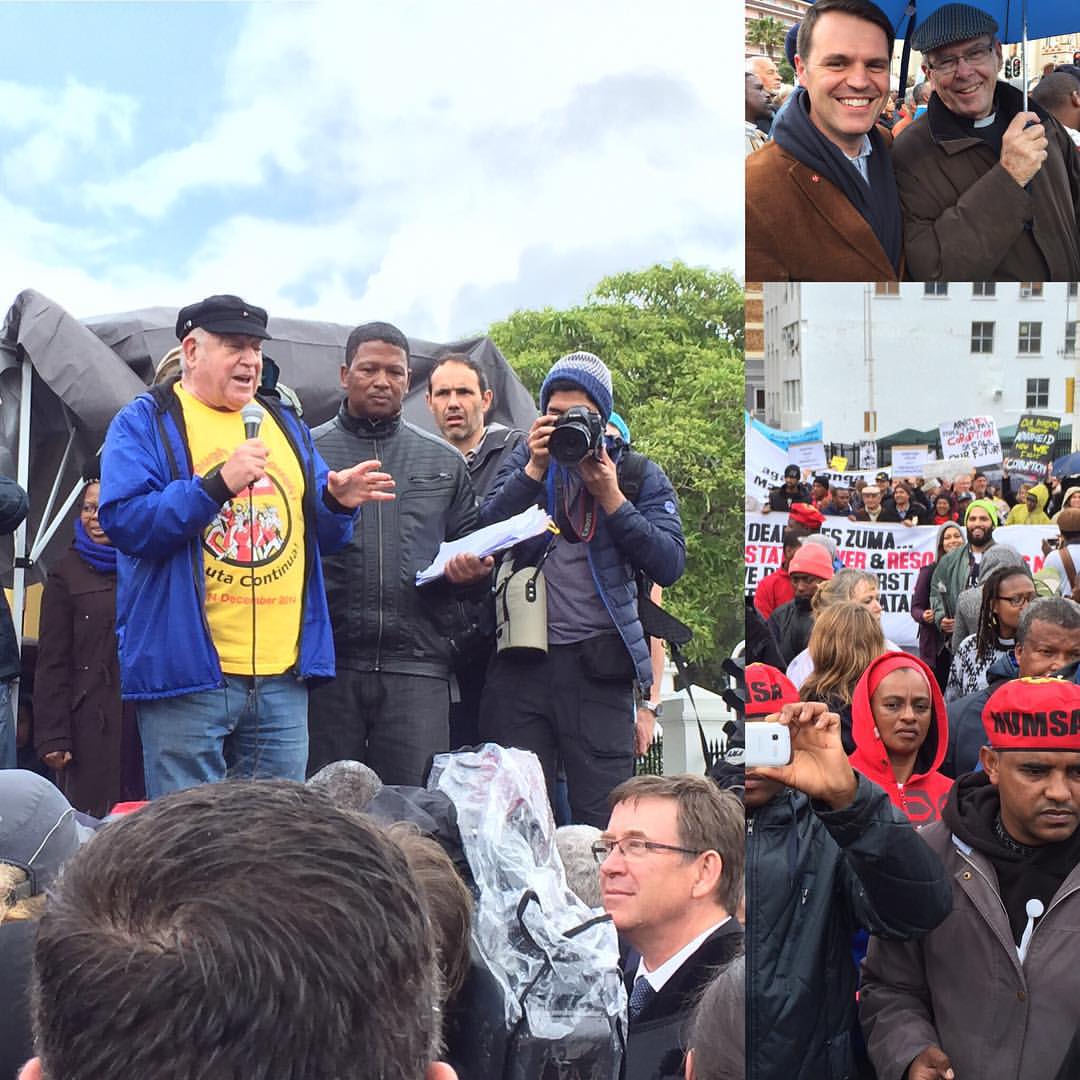
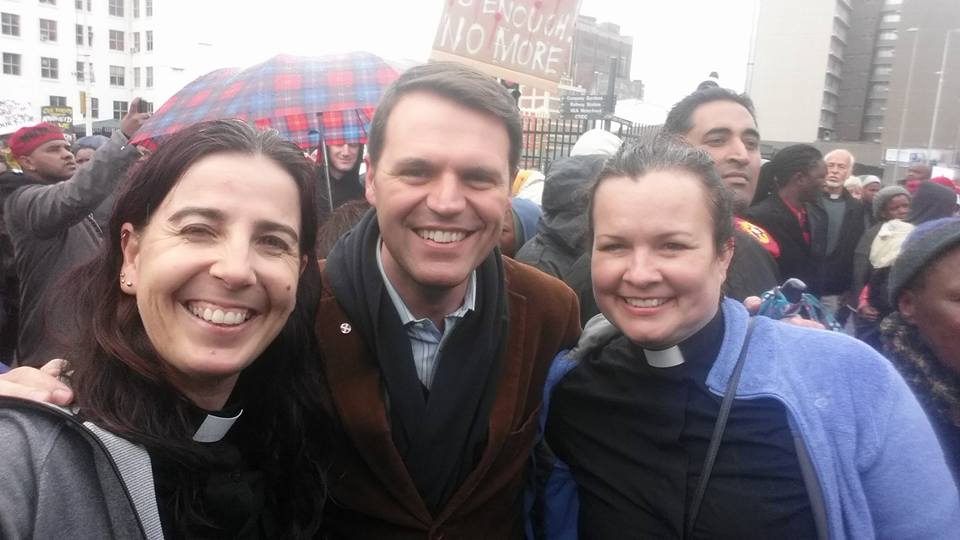





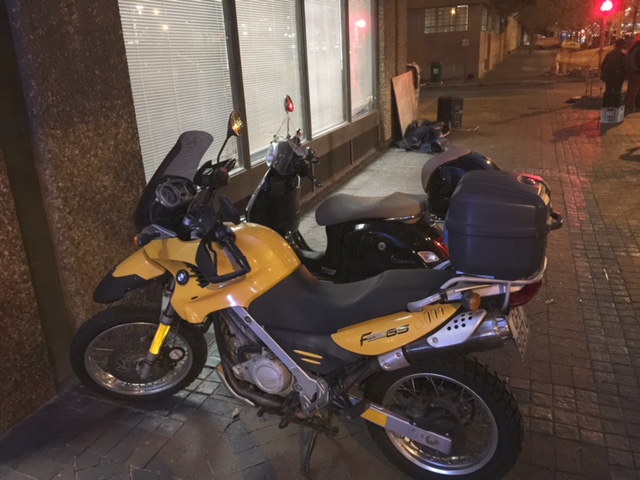
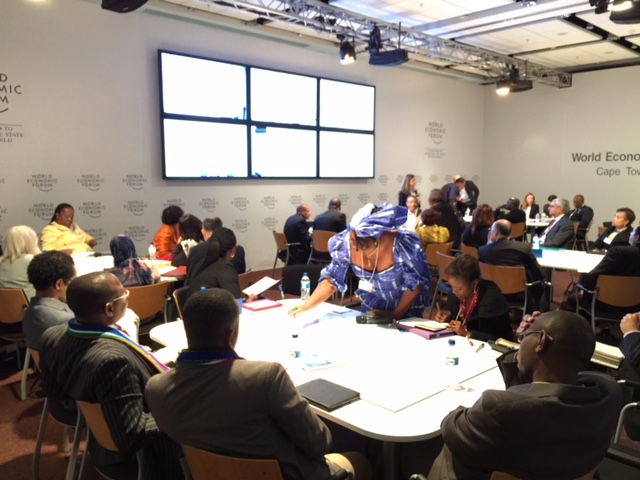
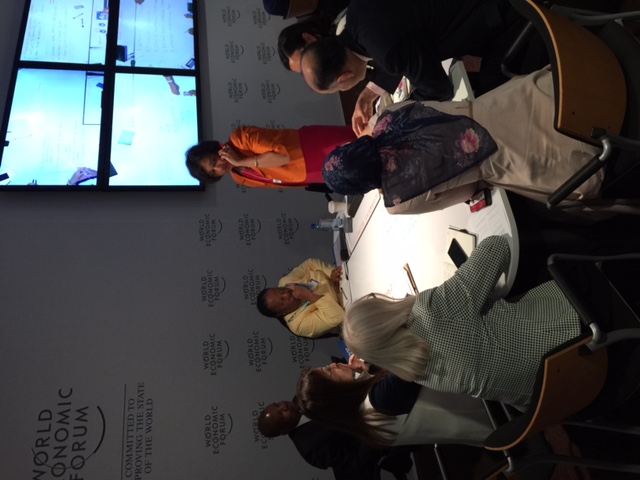
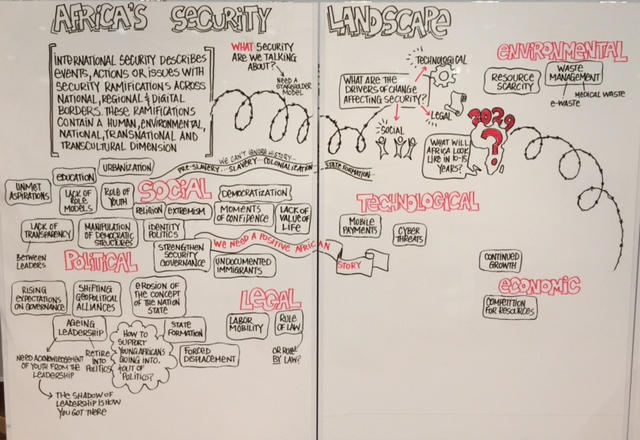
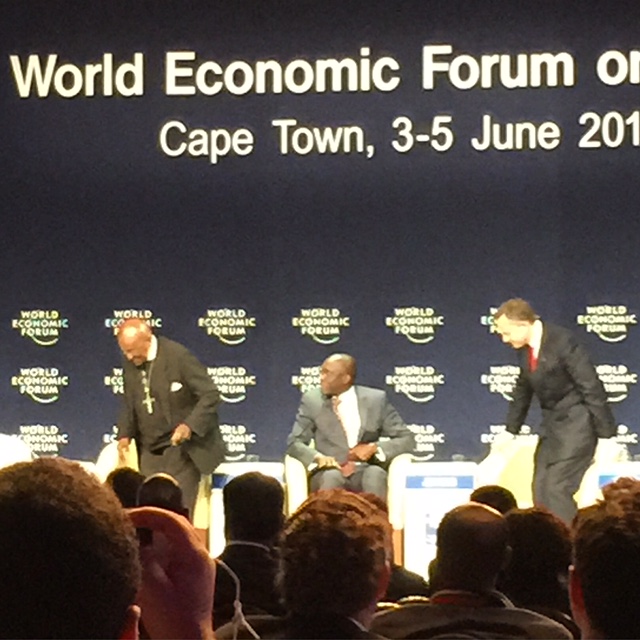
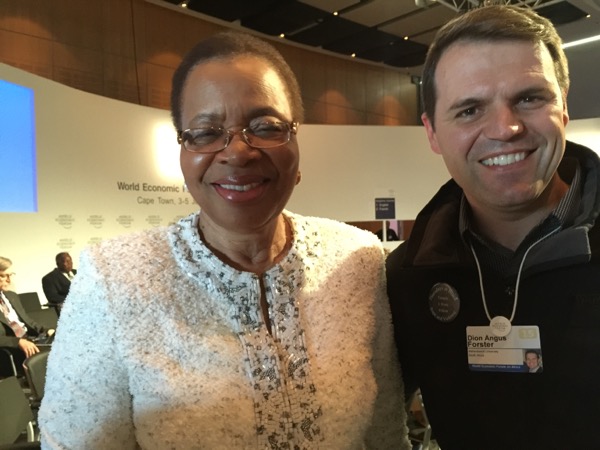
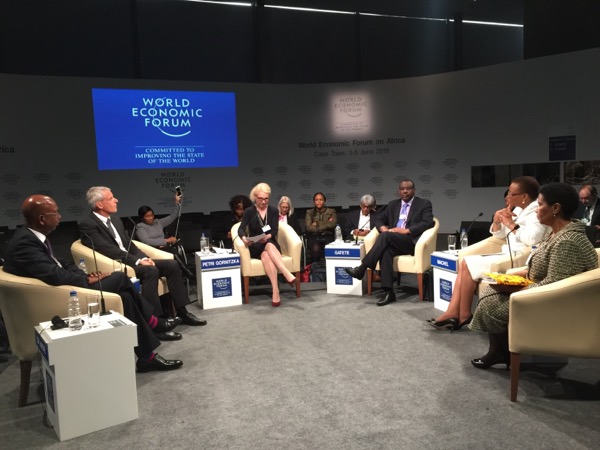
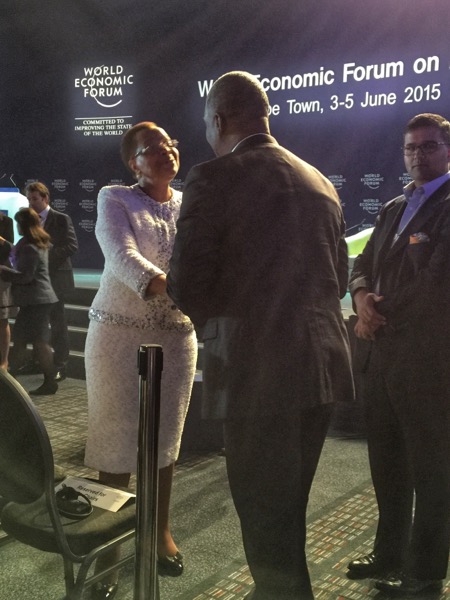
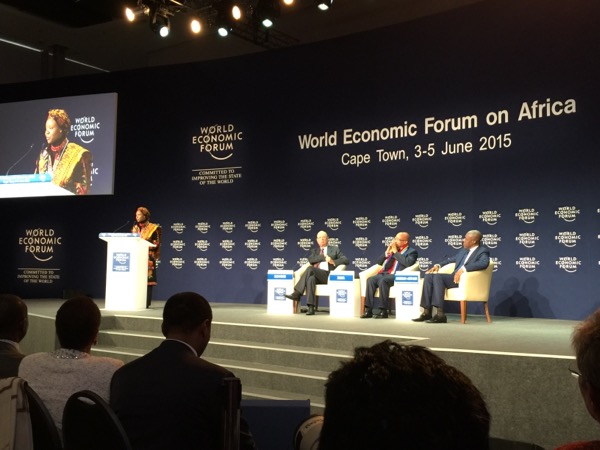 Today is the 2nd day of the World Economic Forum regional meeting in Cape Town, South Africa.
Today is the 2nd day of the World Economic Forum regional meeting in Cape Town, South Africa.